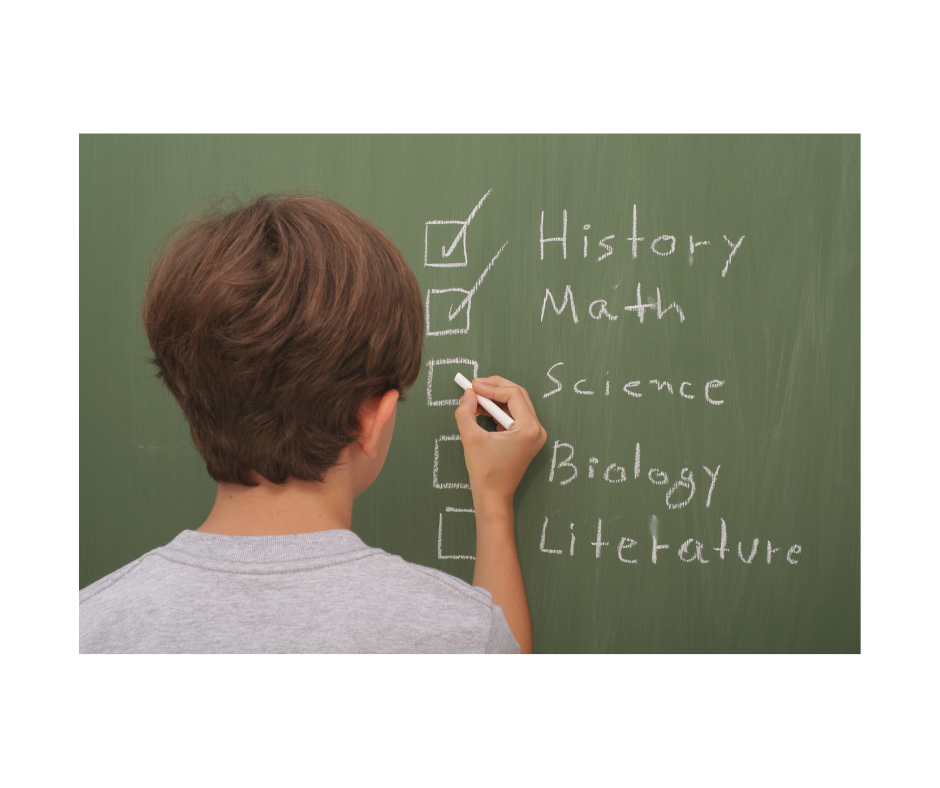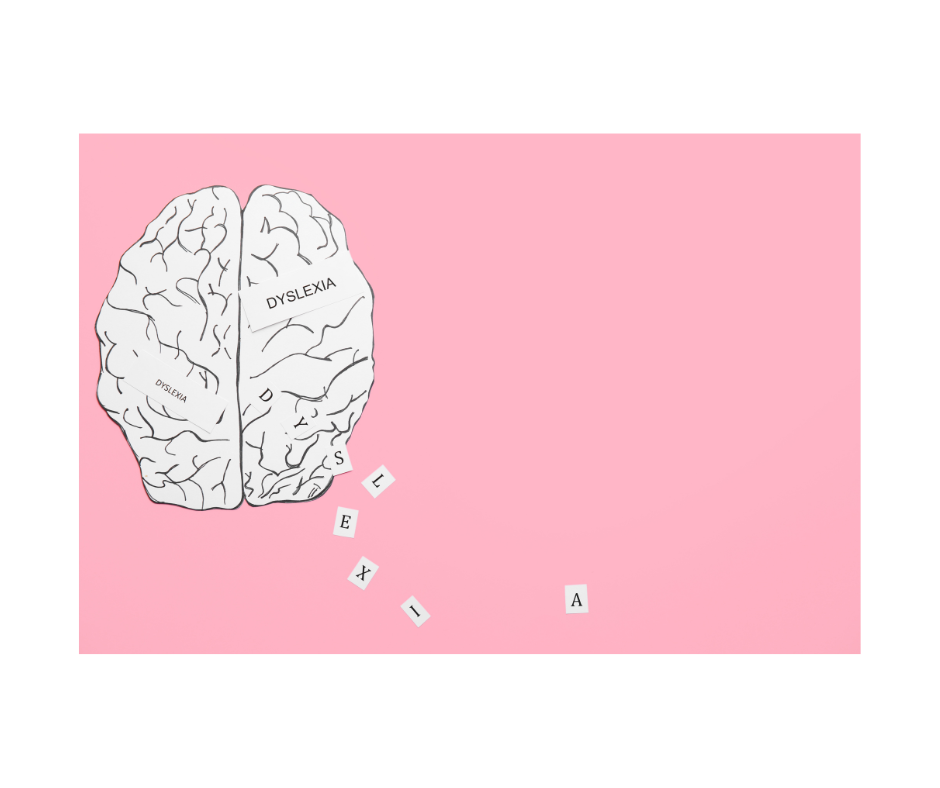Getting Your Child Evaluated for Learning Disabilities: A Parent's Guide
Nov 09, 2024
If you’re here, you’re probably wondering, “Does my child need an evaluation for learning disabilities?” Maybe you’ve noticed your child struggling with reading, math, or focusing on homework (or even remembering where they left their shoes five minutes ago). This can feel like a big, scary process, but we’re going to take it one step at a time.
Let’s go on this journey together. By the end, you’ll know a lot more about the evaluation process, common learning disabilities, and conditions that often tag along (like ADHD).

Signs Your Child Might Need an Evaluation (Or, Why Homework Time Feels Like an Extreme Sport)
First things first: every child learns at their own pace, so don’t panic over every missed assignment or backwards letter. But if you’re seeing patterns—like your child struggling consistently with reading, math, writing, or focusing—it might be time to consider an evaluation.
Here are some common signs to watch for:
Reading:
If your child is reading the word “cat” as “tac” or skipping words altogether, they may have a reading disorder like dyslexia.
Math:
Struggles with basic math concepts, or mixing up numbers like 3 and 8, can signal a math disorder like dyscalculia.
Writing:
Maybe they’re gripping the pencil like it’s a sword or their handwriting looks like a code only a cryptologist could decipher—this could be a sign of dysgraphia.
Focus & Attention:
ADHD often goes hand-in-hand with learning disabilities, making it hard for your child to sit still or stay focused.
If this sounds like homework time at your house, you’re not alone!
 What to Expect During an Evaluation (And How to Survive It)
What to Expect During an Evaluation (And How to Survive It)
Alright, so you’ve decided to go ahead with an evaluation. Good for you! It’s a big step, and it’s not always easy. An evaluation typically involves meeting with a school psychologist or another specialist who will conduct various assessments to see where your child stands.
Here’s what you can expect:
1. A Lot of Questions: The evaluator will want to know everything from your child’s birth history (yes, really) to how they handle everyday activities. Don’t worry, they’re not judging your parenting—they’re just gathering information to help your child.
2. Observation & Testing: Your child will go through various assessments—some standardized tests, maybe some hands-on activities. It can feel intense, but many kids actually find these tasks fun.
3. A Waiting Game: After the evaluation, there’s usually a waiting period where the results are reviewed, and then you’ll meet to go over the findings.
It can feel a little like waiting for results from a doctor’s visit, but remember: no result is going to define who your child is. This is just about understanding how they learn and where they might need a little extra support.

Common Learning Disabilities (And Their Sidekicks)
Once the evaluation is complete, you might get a diagnosis. Here’s a quick rundown of some common learning disabilities and a few “sidekick” conditions that often come along for the ride:
Dyslexia:
Trouble with reading, spelling, and recognizing words. Kids with dyslexia might read slowly, mix up words, or find it hard to sound things out. (Reading can feel like decoding ancient hieroglyphs.)
Dyscalculia:
This math-based learning disability can make numbers seem like they’re just floating around in a fog. Kids with dyscalculia often struggle with counting, basic math operations, and understanding concepts like time.
Dysgraphia: Trouble with handwriting and organizing thoughts on paper. This can make writing assignments a real ordeal, as if the paper itself is conspiring against them.
ADHD:
Attention-Deficit/Hyperactivit
Executive Functioning Issues:
Sometimes, kids have trouble with things like planning, organizing, and remembering directions. It’s like their mental “to-do” list is written on a piece of tissue paper that flies away in the breeze.
If you end up hearing one of these terms after the evaluation, just know that you’re in good company. Many, many parents and children go through this, and with the right support, your child can learn and grow in ways that work for them.

Navigating the Results (Without Panicking)
Now comes the hard part—hearing the results and figuring out what they mean. If your child does have a learning disability, you might feel a mix of relief (now you know!) and concern (what does this mean for their future?). Both of those feelings are totally normal.
Here are some quick tips to help you process the results:
1. Remember, This Doesn’t Define Your Child
This evaluation is just a tool to help understand how they learn. It’s like finding out your child is left-handed—it’s just information to help guide you.
2. Ask Questions
If you don’t understand a term or recommendation, ask! Evaluators understand this is all new to you.
3. Know Your Options
Depending on the results, your child might qualify for extra help at school, like a 504 Plan or an Individualized Education Program (IEP). These plans provide support tailored to your child’s needs, and you’re allowed to be part of the team that decides on these supports.
Supporting Your Child (And Yourself)
Once you know what’s going on, it’s time to create a plan that helps your child succeed. Here are a few ideas for making life easier (for both of you):
1. Break Down Homework
Kids with ADHD or executive functioning issues can get overwhelmed by large tasks. Break assignments into smaller, manageable steps. Think of it like chopping a giant tree into firewood pieces.
2. Use Visual Aids and Reminders
Visual schedules, charts, and timers can be lifesavers for kids who struggle with focus. It’s like adding a GPS to their day.
3. Celebrate Small Wins
Learning with a disability is like running with a pebble in your shoe. Every victory—finishing a book, completing a project—deserves a celebration. Small steps add up!
Talking to Your Child About Learning Disabilities
Once you have the results, consider having an honest, age-appropriate conversation with your child. Let them know that this diagnosis isn’t a “bad” thing—it’s simply a different way of learning. Reassure them that many successful people have similar challenges.
Here’s a simple way to explain it:
“Your brain is amazing! It works a little differently, and sometimes that makes learning a bit tricky. But it also makes you creative, strong, and awesome. We’re going to figure out ways to help you learn so you can do your best.”
You’re Not Alone (Even Though It May Feel Like It)
It’s easy to feel isolated when you’re dealing with a diagnosis. But remember, there are millions of parents who’ve been through this. There are support groups, online forums, and communities of parents navigating learning disabilities and ADHD. Lean on them when you need to—you’ll find understanding, advice, and maybe even a little humor to keep you going.
And remember, as your child’s parent, you’re their biggest advocate, cheerleader, and teammate. You know their quirks, their strengths, and what makes them laugh. This is just one more step on your journey together. It won’t be without its challenges, but there’s a lot of joy and discovery along the way, too.
Final Thoughts: One Step at a Time
The evaluation process can feel like a whirlwind, but it’s worth it. Getting to the heart of what your child needs is the first step toward making school (and life) a little easier. There may be moments when it’s tough or overwhelming, but remember, you’re doing something incredible for your child.
With patience, support, and the occasional well-timed joke, you’re going to help them navigate their learning challenges and discover their own unique path. So keep showing up, keep asking questions, and keep finding those little moments of joy and humor along the way. You’ve got this, and so do they.
Parenting Alongside You!
Dr. Emma and the Aparently Parenting Team
SUBSCRIBE FOR FREE PARENTING RESOURCES
We know you're busy! So, we'll make sure to only send the IMPORTANT PARENTING stuff!!
We hate SPAM. We will never sell your information, for any reason.
